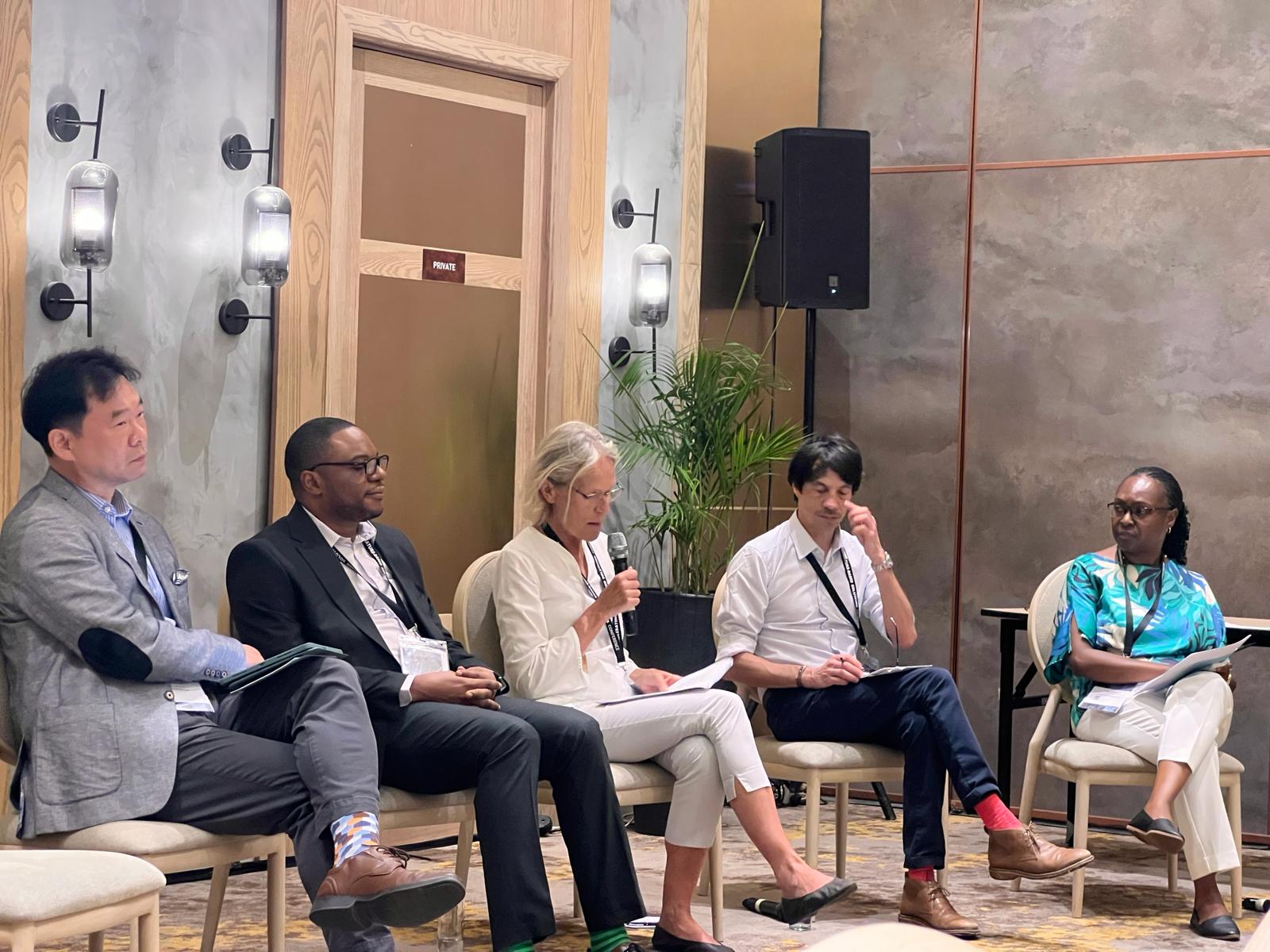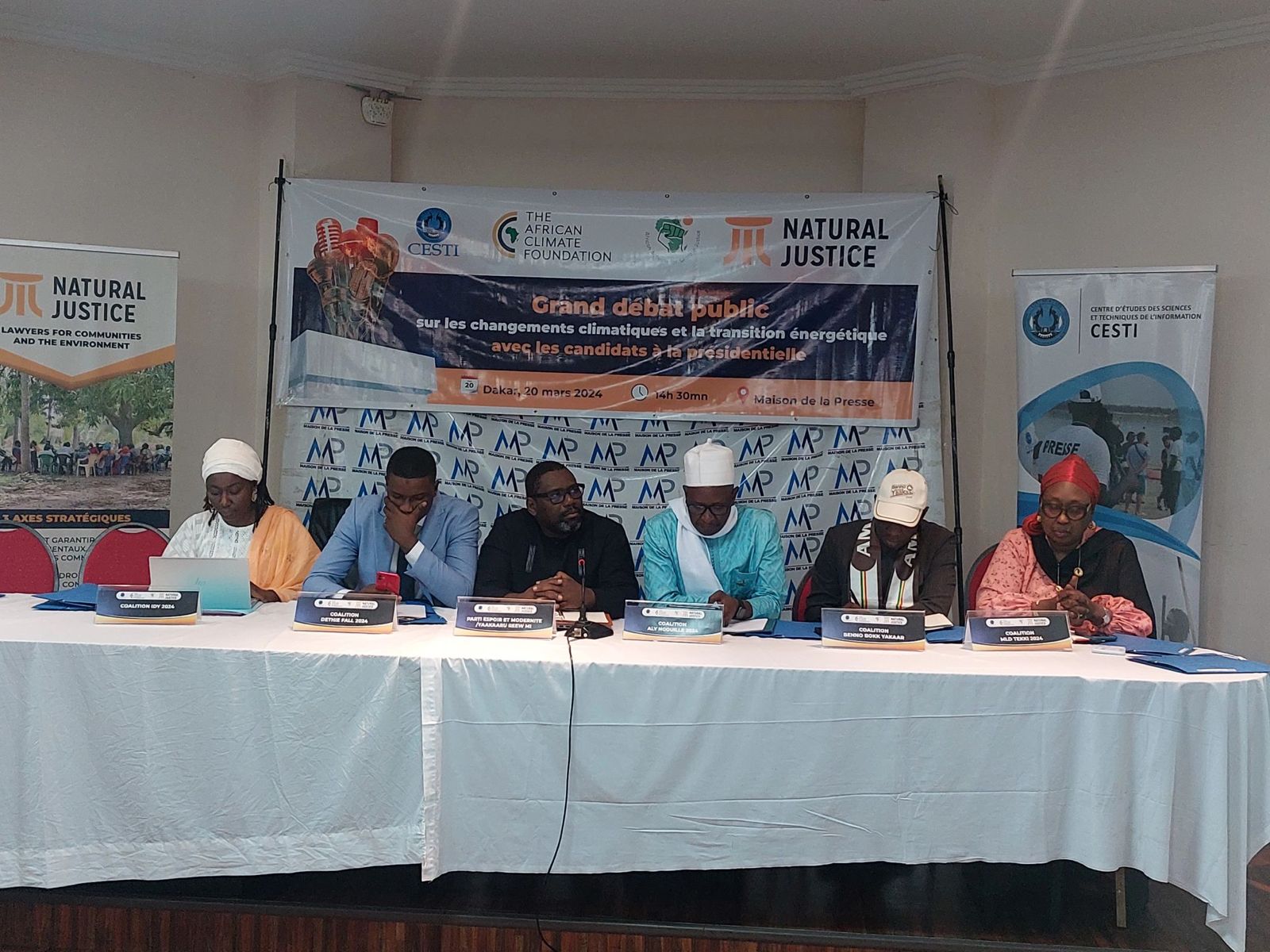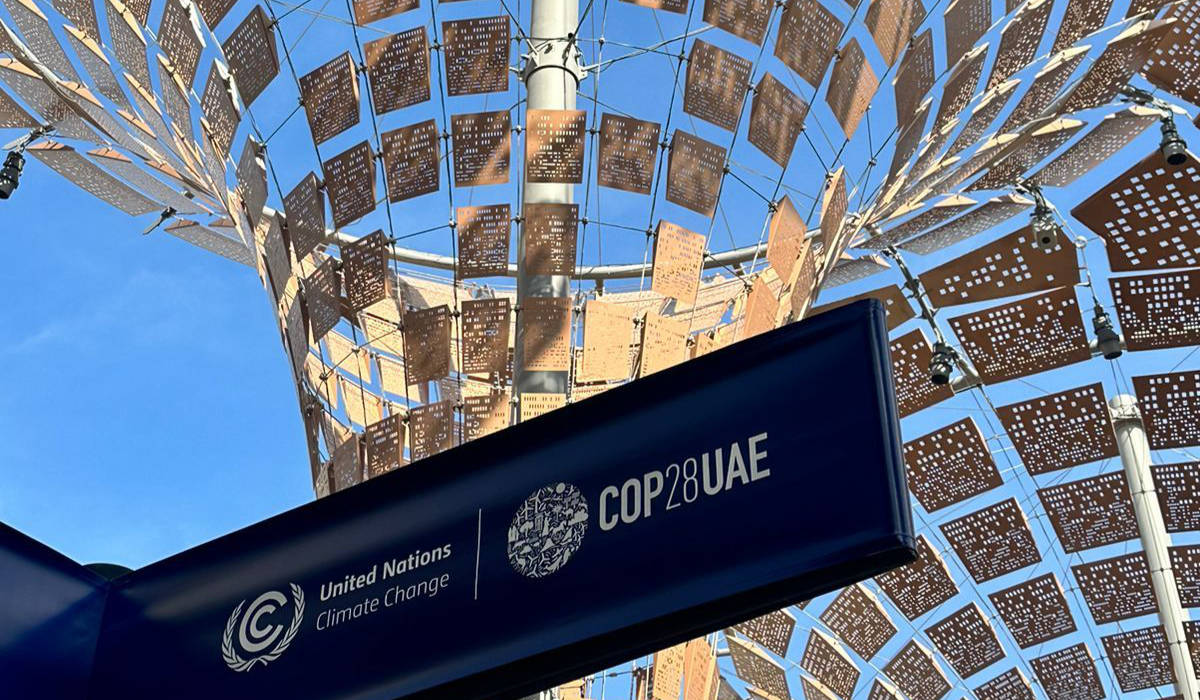Senegal is on the cusp of huge climate decisions; the country has submitted one of the most ambitious climate plans as it battles the ramifications of climate change and eyes huge growth in its renewable sector.
The African Climate Foundation views Senegal as one of its pivot countries and has partnered with several organisations at the COP27 Senegal Pavilion, hosting side events that deliver insight into the West African region’s energy transition.
Senegal has one of the most aspiring climate goals in Africa. The country’s national strategy for climate adaptation and mitigation called the “co-construction of a low-carbon and resilient development”, looks towards the reduction of the country’s net greenhouse gas emissions by 30% by 2030.
This goal represents Senegal’s nationally determined contribution under the 2015 Paris Agreement.
Senegal has also won praise at this year’s climate talks for its action that translates into more than simply talk. At the COP27 side event Enabling Senegal to realise ambitious commitments, the ACF’s senior climate diplomacy advisor Faten Aggad noted that Senegal had to be congratulated for its strong willingness to develop an energy mix.
“Senegal is developing renewable resources in a short time, with limited resources, with a reach of 30% renewable energy. Whereas some developed countries have still not been able to.”
Climate funding will be central for Senegal in its journey to meet its ambitious climate targets yet develop its economy at the same time. But a new funding partnership, introduced at COP26, might present a new pathway to Senegal.
In Glasgow 2021, South Africa introduced the Just Energy Transition Partnerships (JETP) to the world; it was hoped that this deal could be duplicated in other developed countries that will need funding to move away from a fossil-dependent economy. Senegal was proposed as an ideal candidate to replicate the deal, and high-level officials have been busy at COP27 to try and negotiate a similar JETP for the western African country.
The ACF also co-hosted another side event with the African Development Bank, ENDA Energy, and Irena exploring what a just energy transition for Senegal might look like. Speakers unpacked the challenges and opportunities of the green and just energy transition facing African countries like Senegal in the side-event “Challenges and Opportunities for the Green and JET for African Countries.”
Delegates heard about the journey different African countries are taking in implementing green and just energy transitions. Like most African countries, Senegal battles with energy access for their citizens and how to still deliver that access while scaling down emissions. Energy security is a big consideration.
A JETP deal for Senegal would have to include socioeconomic development opportunities in the energy sector along with priority access to universal access to affordable and reliable energy for households and businesses.
Senegal still has a relatively small reliance on natural resources, but the discovery of oil and gas almost a decade ago will have to be considered in any JETP deal. Senegalese officials are adamant that the economy must still develop new businesses and opportunities for its citizens. It must be inclusive.



